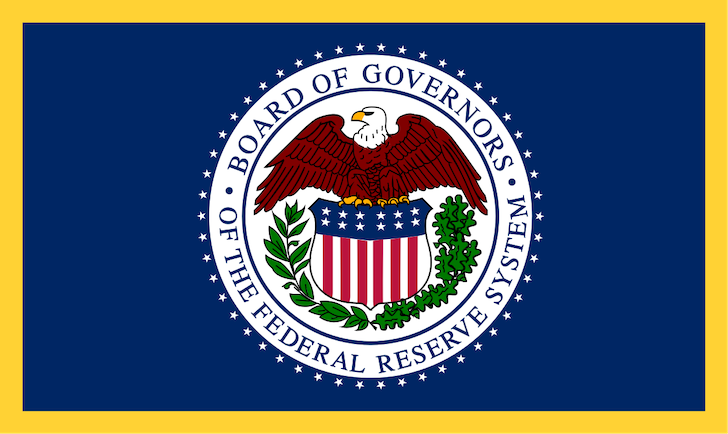The Federal Reserve flipped the bird yesterday, signaling a significant shift from dovish monetary policy (low interest rates while allowing the economy to run at full throttle) to hawkish monetary policy (raising interest rates while slowing economic growth) in an effort to contain surging consumer prices and inflation.
The central bank said that it will end its stimulus program, which includes bond purchases, at a rate twice as fast as it had initially announced in early November. When the Federal Reserve stops purchasing bonds entirely, which is expected to occur in March, it intends to begin raising interest rates in order to cool down the economy.
And how many hikes are there going to be? The fact that the vast majority of the Fed’s 18 policymakers anticipate at least three rate rises next year demonstrates how concerned they have gotten about inflation in just the last three months. Fed officials predicted that they would not have to raise interest rates until 2023, according to a survey conducted in September.
The big picture: Inflation has displaced the Covid economic crisis as the number one priority for the Federal Reserve to address as soon as possible. The reason behind this is as follows:
November had the fastest increase in consumer prices in 39 years, and it wasn’t simply due to volatile products like food and energy costs that drove the increase. Rents, home furnishings, and other items across the economy have all increased by an alarming amount.
Furthermore, producer prices rose at the quickest rate on record this week. Higher prices paid by producers frequently flow down to the consumer level and impact their wallets.
Jobs have been created in large numbers, and the unemployment rate has fallen to 4.2 percent, the lowest level since the epidemic first broke out in 2009. “We are making rapid progress toward full employment,” Federal Reserve Chairman Jerome Powell said in a statement Tuesday.
Briefly summarized: For months, Powell insisted on the notion that inflation was “transitory” and tied to the peculiarities of the economy reopening. Now he’s singing a whole other song. It has become more likely that greater inflation will become entrenched. “I don’t believe it is particularly high at the time, but I believe it has increased,” Powell stated. It’s time for the hawkish turn.

